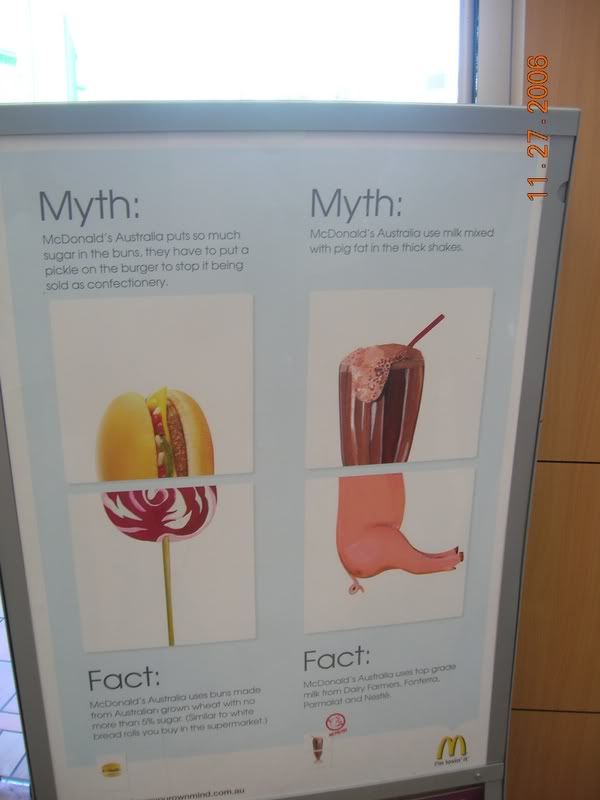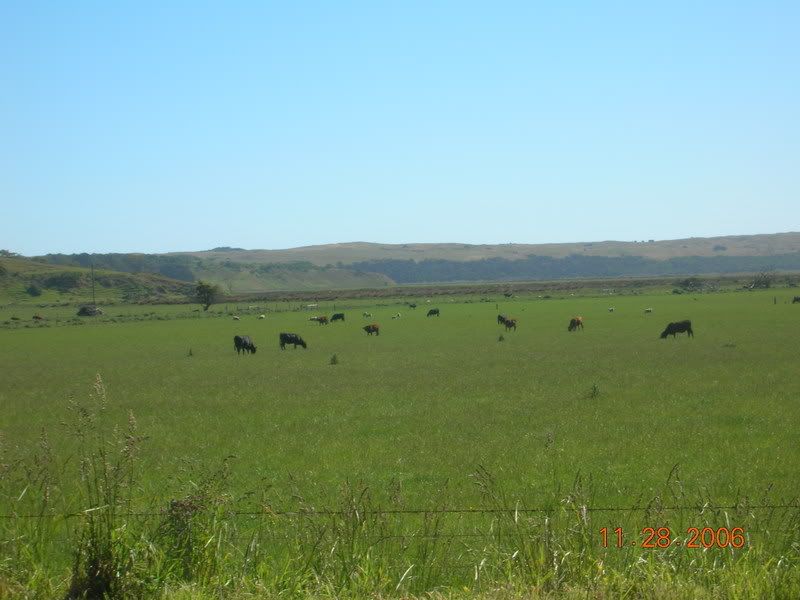My strongest memory of my maternal grandmother is of her making
kaai obbattus in her small, dark kitchen at her home on 5th main in Mysore's Saraswathipuram.
Avva was generally very good with her hands. In addition to making all the snacks for all the festivals herself (including
Kadubus,
chaklis and
kodubales), she groomed a beautiful and well-kept garden with two tall coconut trees, a
Sampige flower tree, lots of rose bushes, daria and other flower plants, a papaya tree, a bountiful
karbevu tree (curry leaves) and assorted vegetables.
The time not spent in the kitchen or the garden was taken up in crafting lovely garlands from strands of cotton and cotton balls, sequins, and foil paper of a myriad colors - gold, red, blue, green, silver. These garlands were in great demand during the Gowri and Ganesha festival. When not in use,
Avva would carefully wrap them and put them away until the next festival came around.
She continued her craft activities when my grandfather retired and they moved to Bangalore to be closer to their children. One day, she received an offer to appear on Doordarshan to demonstrate her skill with the cotton garlands. She was ticked pink and she promptly accepted.
A few days later, a Doordharshan crew descended on their house - complete with cameras, sound equipment, lights, microphones and cables. The program's host, a young girl, smartly dressed in a starched cotton saree, took
Avva aside to prep her, and they both sat down to talk to get comfortable with each other, while the producer busied himself with the lights and camera placement.
It didn't take long before half the neighborhood had found comfortable perches around the living room where the equipment was being set up. Soon it was time to start recording. The producer gave the host some last minute instructions, found a chair to sit in, and the host and
Avva went before the cameras and the lights came on.
The host looked at the producer for her cue. He nodded and she turned to my grandmother.
Avva looked back with a smile on her face and waited for the host to say her first few words, the cameras or the people crowding around not fazing her one bit. If she was expecting the host to reciprocate her smile, it wasn't coming. The girl was busy freaking out. She opened and closed her mouth a few times but there was no sound. She cleared her throat and tried again, but to no avail. She looked helplessly at the producer.
I don't remember him yelling, "Cut!" but it must have been some equivalent, because the next thing I remember is the producer taking the host out to the driveway to have a quiet chat with her. He looked intently into her face and said some things and she nodded a few times. Then they came back in.
This time around, the voice came out, but it came out all shaky and high-pitched.
Avva, ever the smooth operator, pretended nothing was out of the ordinary and responded to the question. After about 10 minutes of the high-pitched queries delivered in a trembling voice, the producer and the host were back on the driveway. By this time, the host was sweating bullets.
Avva thoughtfully arranged for a glass of water before they returned.
The cameras came back on and the orchestra of the host's problems kept building. Shaky hands made an appearance this time around. Because both the people in front of the camera had to point frequently to what was being shown to the audience, this proved to be rather irksome. The producer continued recording. He probably believed that if they kept going, the host would loosen up and shed her anxiety.
He believed wrong.
Things went from bad to worse and before long, they were out on the driveway again. We wondered what the problem was. She was not a newbie, she'd hosted a few of these shows before. Was it the people crowding around?
This particular break was a tad longer than the others and
Avva seized the opportunity to stretch her legs. She walked over to us and whispered in a conspiratorial tone, "They are in love."
"What?"
"They are in love. That's why she's nervous."
"Really?"
"Yeah. The camera guy just told me."
Seemed like a weird explanation for the host's affliction to me, but perhaps it was tough to be under the lights and work within 10 feet of the guy everyone knew you were in love with.








